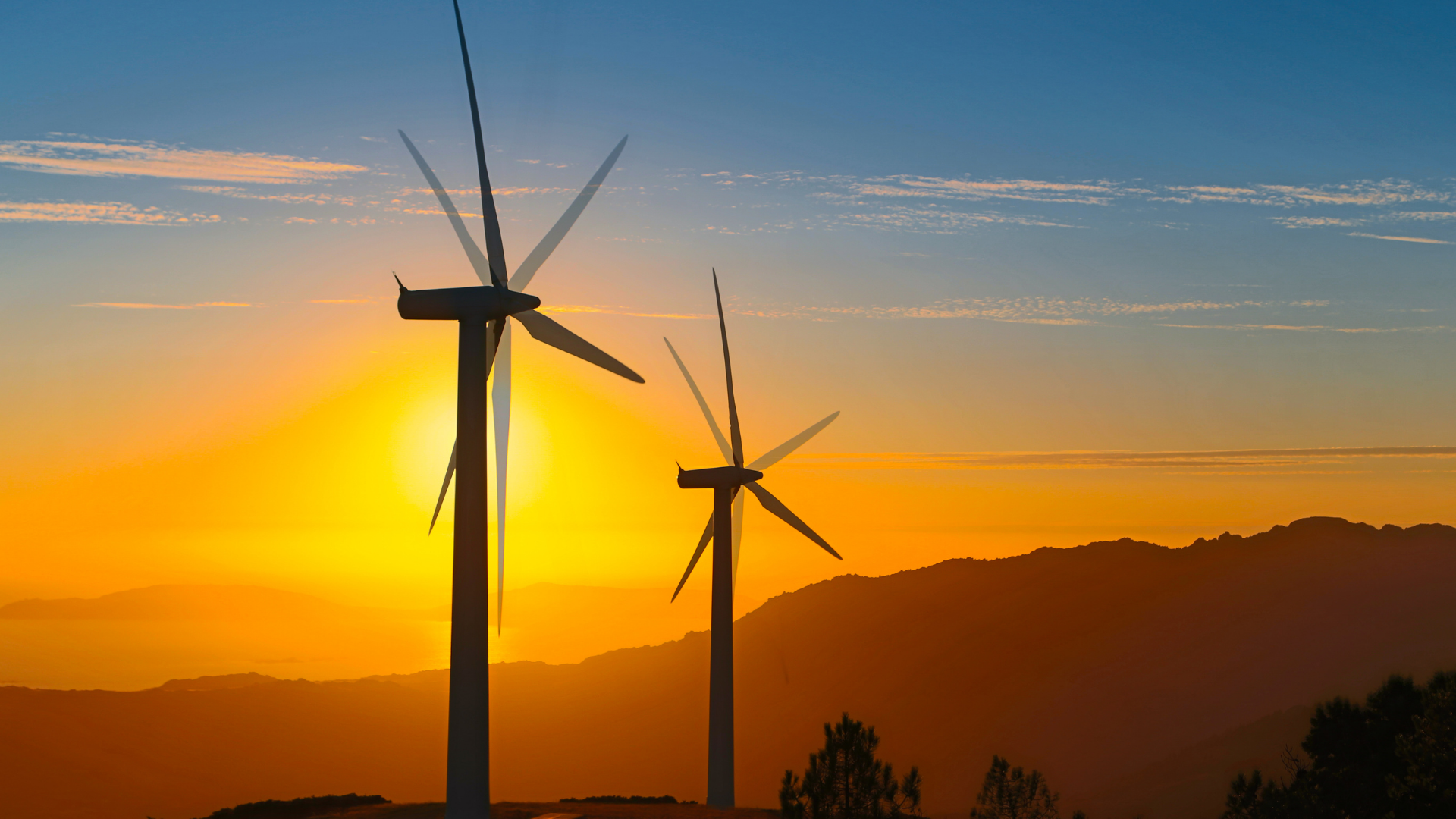- 10.11.2020
Recourse has joined over 320 organisations from all around the world to call on public development banks to “deliver the world we want”. The statement is launched as 450 public development banks, together controlling the flow of more than $2 trillion in public money annually, come together for the first time for the virtual Finance in Common Summit 10-12 November 2020.
PUBLIC DEVELOPMENT BANKS MUST DELIVER ON THE WORLD WE WANT
As the world faces the deepest global health, social and economic crises in a century, intertwined with the growing destruction of biodiversity, the worsening impacts of the climate crisis, increasing and intersecting inequalities and threats to fundamental rights, we, the undersigned civil society organizations, call on Public Development Banks (PDBs) to devote their considerable financial resources and influence towards building a just, equitable, inclusive and sustainable future for all.
The Covid-19 pandemic is only the latest example of the multifaceted crises our societies are confronted with. They must be addressed at the roots. The pandemic is likely to push an additional 150 million people into extreme poverty by 2021 and dramatically increase the many vulnerabilities faced by billions of people. Women and girls, as well as those experiencing the cumulative impacts of various vulnerabilities, will be most affected. And the worsening climate crisis and accelerating decline in biodiversity, if unabated, will further intensify poverty and other vulnerabilities by 2030. Whatever the duration of the pandemic, the challenges the world is facing require global answers to be adapted to local situations.
This statement aims to highlight the important and interlinked issues that PDBs must address to provide a global response to both present and long-term challenges. PDBs should not repeat the errors of the past. They must seize the opportunity of the Finance in Common Summit to initiate a deep and rapid shift in the way they operate and place democracy, inclusiveness, equality, solidarity, and the common good at the core of their actions. Public money should only be spent in a way that promotes the wellbeing of people and the planet; not a single penny spent should contribute in any way to the violation of human rights, of economic, social and cultural rights, or of Indigenous peoples rights, nor should it allow for the destruction of nature, fuel the climate crisis or deepen climate injustice by supporting the industries most responsible for it.
Through strong participatory mechanisms with meaningful participation of civil society at all stages from the development of policies to the evaluation of their impacts, PDBs can create concrete avenues to ensure the respect of human rights and promotion of community-led development. Their direct and indirect operations should promote resilience-building and the development of essential and good quality public services, support efforts to address corruption and tax avoidance, and adhere to the principle of “do no harm” so that their financing does not undermine climate and environmental objectives, increase the burden of debt, or expand inequalities. To ensure accountability, the highest standards of transparency must be applied by all PDBs and all their intermediaries.
The current context is dire. Rapid response as well as longer-term countercyclical actions from PDBs are needed to mitigate the impacts of the Covid-19 crisis, especially for the most vulnerable and marginalized people. These efforts must be supported by countries providing the right mandate, policies and measures and the necessary resources to public financial institutions.
We, the undersigned civil society organisations, believe that achieving the Sustainable Development Goals, limiting global warming to 1.5°C by fully implementing the Paris Agreement, and protecting nature should be the key drivers of action over the coming decade. We call on PDBs to immediately and rapidly transform their policies and financing models by adopting and urgently implementing commitments to increase financing for just, equitable and sustainable development; promoting and guaranteeing human rights for all, not leaving behind the most vulnerable and marginalized communities; and ensuring that all finance flows contribute to the development of low carbon and resilient societies, aligned with 1.5°C trajectories.
READ THE FULL STATEMENT HERE IN ENGLISH, FRENCH, SPANISH AND PORTUGUESE.
